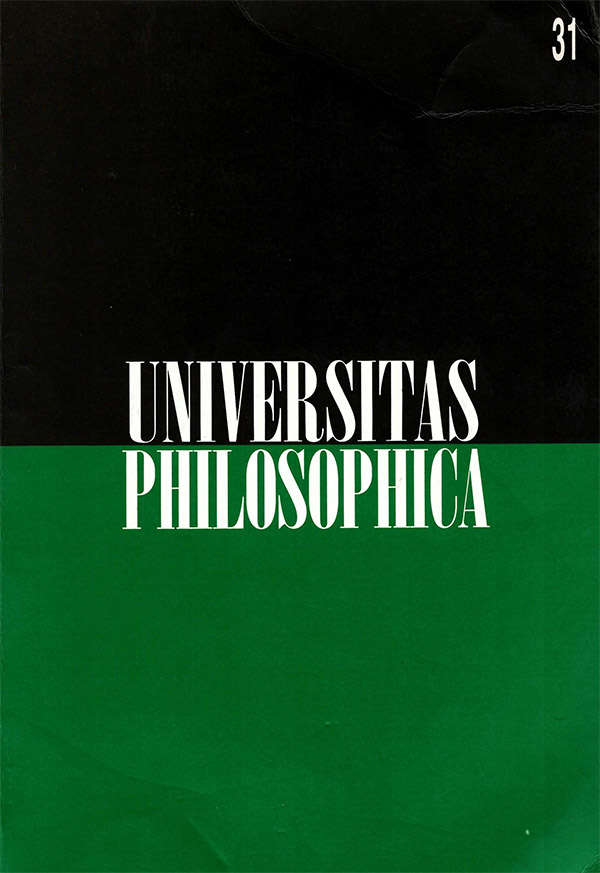Resumen
En este trabajo se aborda el desarrollo del problema de la teodicea en la filosofía moderna como una estrategia racional para enfrentar la presencia real del mal en el Inundo. La teodicea de corte leibniziano asume la causa Dei como la defensa de la causa rationis, y en consecuencia, como legitimación del orden racional del mundo. Bajo esta perspectiva, el mal se convierte en una especie de conditio sine qua non de la plena revelación racional de la realidad. La teodicea asume que la creación tiene un caracter racional, pues Dios no puede obrar por fuera del orden. El sentido de esta estrategia legitimadora del orden de la creación se examina a la luz de la tesis del Hans Blumenberg, quien muestra cómo las formulaciones centrales de la filosofía moderna surgen de la confrontación estructural entre el absolutismo teológico y el deseo burgués de la autoafirmación humana. El modelo antropológico que corresponde a este proyecto es la idea burguesa del homo compensator. Los intentos de conferirle un sentido último a la realidad, están condenados al fracaso, pues se fundan en la ilusión de que hay una correspondencia ontológica entre el mundo y la existencia del hombre.Esta revista científica se encuentra registrada bajo la licencia Creative Commons Reconocimiento 4.0 Internacional. Por lo tanto, esta obra se puede reproducir, distribuir y comunicar públicamente en formato digital, siempre que se reconozca el nombre de los autores y a la Pontificia Universidad Javeriana. Se permite citar, adaptar, transformar, autoarchivar, republicar y crear a partir del material, para cualquier finalidad (incluso comercial), siempre que se reconozca adecuadamente la autoría, se proporcione un enlace a la obra original y se indique si se han realizado cambios. La Pontificia Universidad Javeriana no retiene los derechos sobre las obras publicadas y los contenidos son responsabilidad exclusiva de los autores, quienes conservan sus derechos morales, intelectuales, de privacidad y publicidad.
El aval sobre la intervención de la obra (revisión, corrección de estilo, traducción, diagramación) y su posterior divulgación se otorga mediante una licencia de uso y no a través de una cesión de derechos, lo que representa que la revista y la Pontificia Universidad Javeriana se eximen de cualquier responsabilidad que se pueda derivar de una mala práctica ética por parte de los autores. En consecuencia de la protección brindada por la licencia de uso, la revista no se encuentra en la obligación de publicar retractaciones o modificar la información ya publicada, a no ser que la errata surja del proceso de gestión editorial. La publicación de contenidos en esta revista no representa regalías para los contribuyentes.


